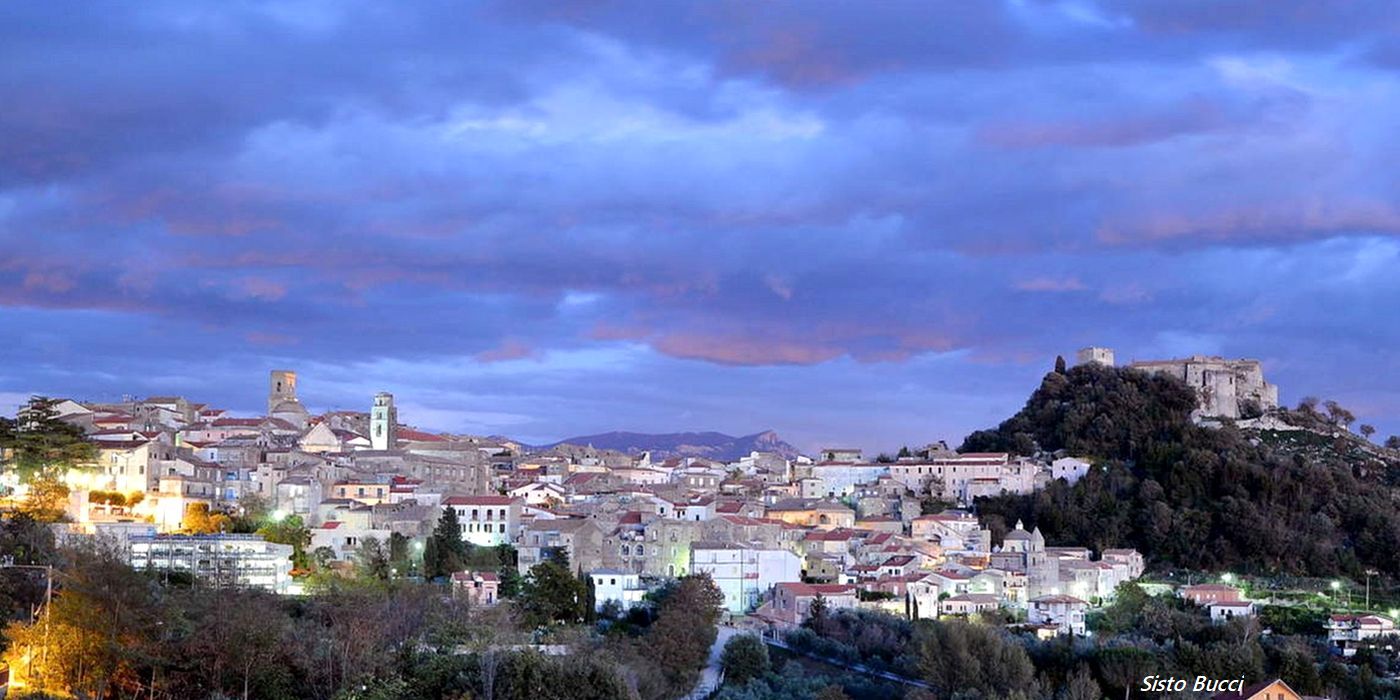Pope at audience: “The whole of Europe is in crisis”

“Even today, freedom is under threat. How? Above all with kid gloves, by a consumerism that anaesthetises, where one is content with a little material well-being and, forgetting the past, one ‘floats’ in a present made to the measure of the individual”, Pope Francis said in his catechesis at the Wednesday general audience today. The Holy Father retraced the various legs of his recent journey to Hungary, entrusting the “martyred Ukraine” to Mary’s Immaculate Heart, exhorting the faithful to pray the Rosary in this month of May.
“This is the dangerous persecution of worldliness”, he added off text: “brought about by consumerism.” “But when the only thing that counts is thinking about oneself and doing what one likes, the roots suffocate”, the Pope’s cry of alarm: “This is a problem throughout Europe, where dedicating oneself to others, feeling a sense of community, feeling the beauty of dreaming together and creating large families are in crisis.” Hence the importance to reflect “on the importance of preserving the roots, because only by going deep will the branches grow upwards and bear fruit.” “Each of us can ask ourselves, even as a people”, Francis’ invitation: “what are the most important roots in my life? Where am I rooted? Do I remember them, do I care for them?”.
“Building bridges of peace between different peoples”.
For the Pope “this is the vocation of Europe, which is called, as a ‘bridge of peace,’ to include differences and to welcome those who knock on its doors. In this sense, the humanitarian bridge created for so many refugees from neighbouring Ukraine, whom I was able to meet while also admiring the great network of charity of the Hungarian Church, is beautiful”, Francis said expressing his praise. “The country is also very committed to building ‘bridges for tomorrow’, the Pope underlined: ‘there is great concern for ecological care—and this is a very, very beautiful thing about Hungary—and a sustainable future, and work is being done to build bridges between the generations, between the old and the young, a challenge that cannot be renounced by anyone today.” Moreover, for the Pope, “there are also bridges that the Church, as emerged at the dedicated meeting, is called upon to stretch towards the people of today, because the proclamation of Christ cannot consist only in repeating the past, but always needs to be updated, so as to help the women and men of our time to rediscover Jesus.” In unscripted remarks, the Pope called on the faithful to build “bridges, bridges of harmony and bridges of unity”, highlighting the “beauty of building bridges between believers”, who “work well together” in Hungary.
“Overcome the risk of defeatism and the fear of tomorrow, remembering that Christ is our future”,
Francis said in the opening lines of his catechesis, referring to the Ukrainian people as a “courageous people, rich in memory.” “I have seen so many humble and hard-working people proudly cherish the bond with their roots”, the Pope said: “And among these roots, there are first and foremost the saints: saints who gave their lives for the people, saints who bore witness to the Gospel of love and who were lights in times of darkness; so many saints of the past who today exhort us to overcome the risk of defeatism and the fear of tomorrow, remembering that Christ is our future.” “The solid Christian roots of the Hungarian people have been put to the test”, Francis said, referring to the history of the Hungarian people: “Their faith was tested by fire. Indeed, during the atheist persecution of the 20th century, Christians were struck down violently, with bishops, priests, religious, and lay people killed or deprived of their freedom. And while attempts were made to cut down the tree of faith, the roots remained intact: there remained a hidden Church, but alive, strong, with the power of the Gospel. And in Hungary this last persecution, this communist oppression was preceded by the Nazi oppression, with the tragic deportation of a large Jewish population”, Francis remembered: “But in that atrocious genocide, many distinguished themselves by their resistance and their ability to protect the victims; and this was possible because the roots of living together were firm. The common bonds of faith and people thus promoted return to freedom.”
(Fonte: AgenSIR – News archiviata in #TeleradioNews ♥ il tuo sito web © Diritti riservati all’autore)



